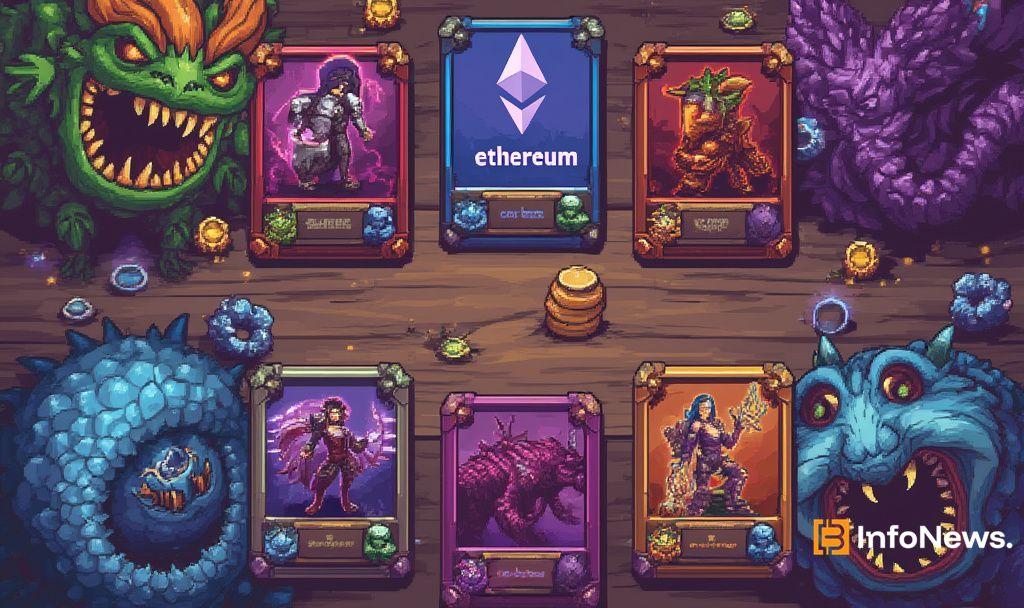HSBC Australia has decided to stop customer payments to cryptocurrency exchanges starting yesterday. The bank announced the change through an email, explaining that:
“From 24 July 2024, HSBC will block payments from bank accounts and credit cards that we reasonably believe are being made to cryptocurrency exchanges, for your protection.”
The bank pointed to a report that Australians lost up to $171 million in investment scams just last year.
Australia’s financial watchdogs have also been raising alarms about cryptocurrencies. They’ve identified cryptocurrencies as a potential hotbed for money laundering.
According to these authorities, crypto used for payments are particularly vulnerable. They categorize the risk level as medium for now, but they expect it to grow in a few years.
Related: Australia’s ASX greenlights second spot Bitcoin ETF
The Australian Taxation Office (ATO) is also getting more involved . They’ve started collecting personal and transaction data from cryptocurrency exchanges, covering about 1.2 million accounts.
The goal? To catch those who aren’t reporting their crypto activities accurately. This includes not just trading and selling cryptocurrencies but even using them for everyday purchases.
The ATO is after details like birthdates, contact information, and social media profiles, along with transaction data such as bank account numbers and wallet addresses.
Related: Australian man sentenced for crypto-related identity theft offenses
In Australia, cryptocurrencies are treated as assets for tax purposes, not foreign currency. This means if you make money selling or trading cryptocurrencies, you’re on the hook for capital gains tax.
For many, this tax burden can be a bit of a shock, especially if they weren’t aware of the rules.
Despite this, crypto’s popularity in Australia isn’t shaking. A treasury report showed that over 800,000 Australians have been involved in cryptocurrency transactions in the past three years.
The growth is massive, with a 63% increase in activity reported in 2021 alone. In a somewhat surprising twist, Australians are also leading the charge in adopting memecoins.



